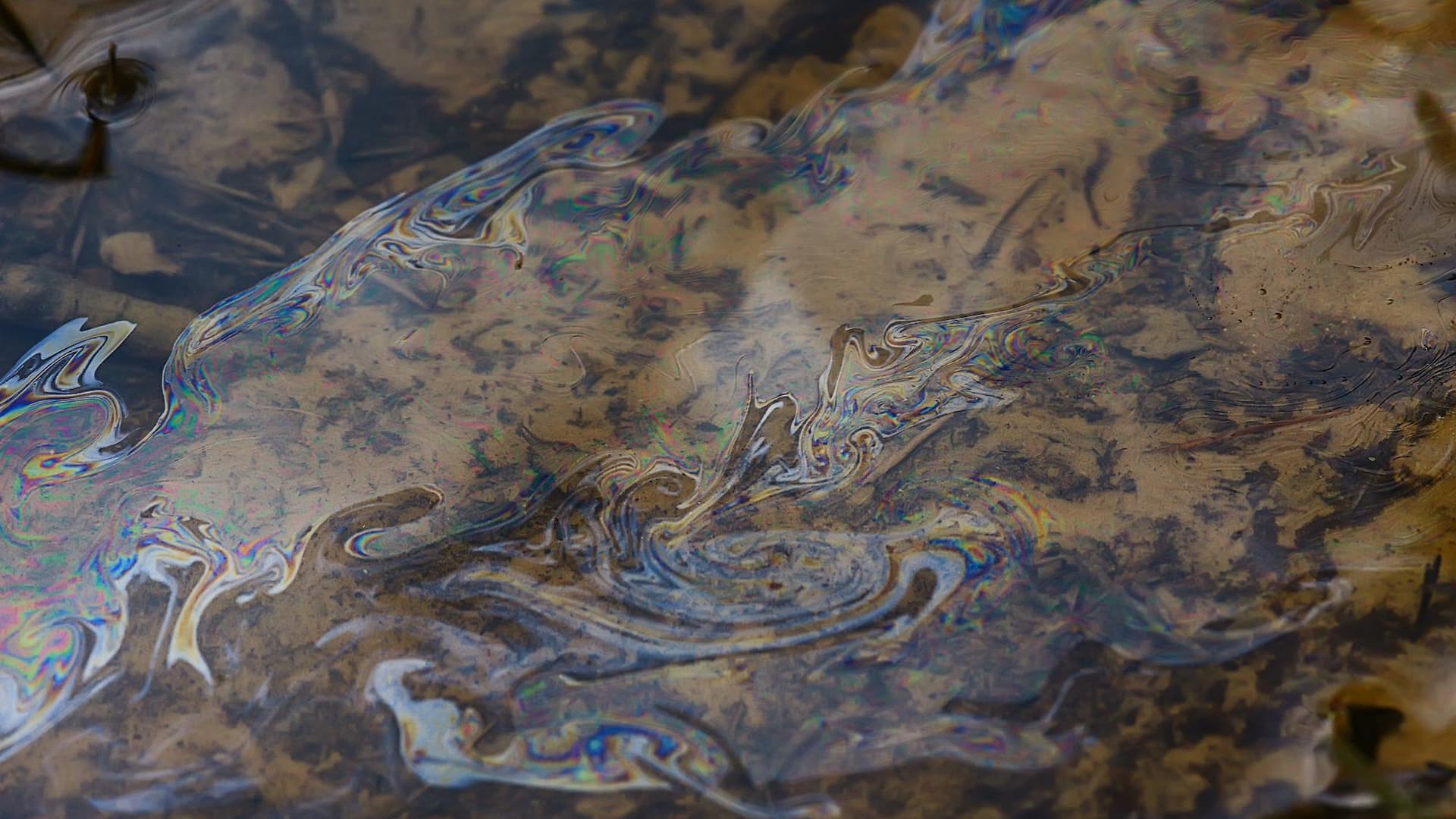
An oil spill (sometimes referred to as a petrol spill) is a dangerous environmental catastrophe. It has disastrous consequences for our environment, economy, and society. Because of that, it can draw significant media attention, leading to some politicians' falls. It can create an environmental, social, and political crisis
But how? And what can we do to stop oil pollution?
What is an oil spill?
By definition, an oil spill is the release of a liquid petroleum hydrocarbon into the environment, especially the marine ecosystem, due to human activity, and is a form of pollution.

Most of the time, if someone mentions a petrol spill, people automatically think of marine oil spills, when a huge amount of oil is released into our oceans, seas, or coastal waters. Some people picture a sinking oil tanker, while others think of oil rigs and wells (oil platforms) on fire, in the middle of the ocean.
But oil spills can occur on land too. Waste oil, refined petroleum products, and oil can leak into the ground too, reaching the groundwater level, polluting our freshwater sources, or draining our agricultural areas.
Read our related articles:
The impacts of oil pollution
Not only the oil pollution itself, but the cleaning process can also have a significant impact on natural habitats and biodiversity. Regardless of the amount of spilled oil, the aquatic environment will be harmed.
- Some animals are not able to find their young (or mothers) because of the scent of the oil.
- The feathers of a bird will be covered with oil, preventing them to fly, thus the birds will not be able to escape, or get food.
- Oil on the animal’s skin can result in dehydration and metabolic imbalance. It can also alter liver function or change the hormonal balance. Some animals die from these impacts.
- Oil can make animals blind.
- The dissolved chemicals in the ocean (or groundwater) make the water toxic, and undrinkable for humans and animals.
- It also decreases the quality of air, resulting in health problems if breathed.
As we recover our oceans from the oil spill, we might use some techniques that will not support life either. Burning the oil can cause air pollution, using dispersants can add toxic chemicals to the water, and vacuuming and centrifuging can also result in the death of fish.
The worst oil disasters
Mainly technical failures cause oil disasters, but human errors, natural disasters, or deliberate releases might end in petrol catastrophes too. This means that even with a strict prevention policy, oil-producing companies cannot give a 100% guarantee that oil spills will not happen.
Read about the 9 biggest petrol spills in history (source: Britannica)
- The Amoco Cadiz Oil Spill (1978) - 69 million gallons of light crude oil - coast of Brittany, France
- The Castillo de Bellver Oil Spill (1983) - 52.5-79 million gallons of crude oil - Cape Town, South Africa
- The Incidents at the Nowruz Oil Field (1983) - 80 million gallons of oil - Persian Gulf
- The Kolva River Spill (1994) - 84 million gallons of oil - Kolva River, Russian Arctic
- The Mingbulak (or Fergana Valley) Oil Spill (1992) - 88 million gallons of oil - Uzbekistan
- The Atlantic Empress Oil Spill (1979) - 90 million gallons of oil - Trinidad, and Tobago
- The Ixtoc 1 Oil Spill (1979) - 140 million gallons of crude oil - Bay of Campeche, Mexiko
- BP’s Deepwater Horizon Oil Spill (2010) - 206 million gallons of oil - Texas
- The Persian Gulf War Oil Spill (1991) - 380-520 million gallons of oil - Persian Gulf
Not only tankers or oil fields, but wars or terrorist attacks can lead to petrol catastrophes too.
Oil spill statistics in the EU
Based on the statistics mentioned above, you might think that oil spills mostly occurred between 1970 and 1990, but they still happen now.
See the statistics about oil pollution in European waters.
